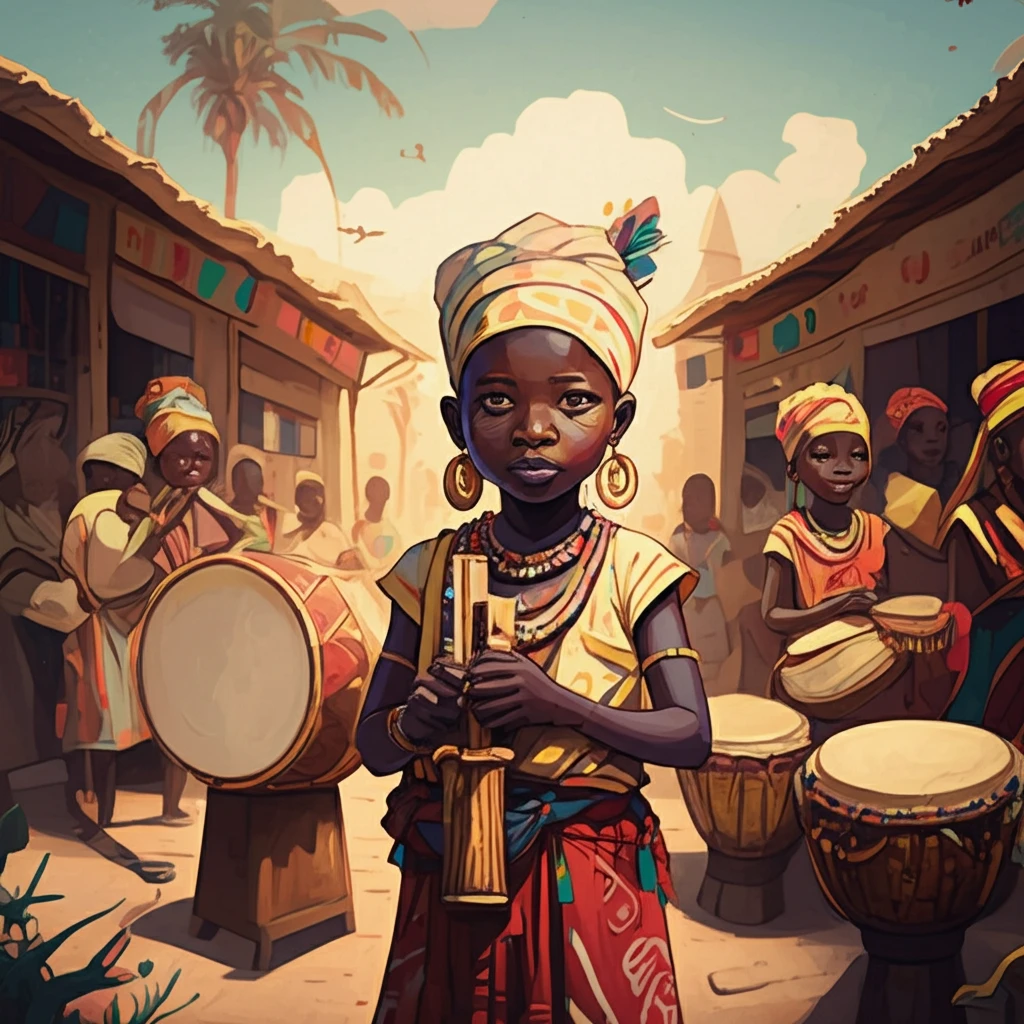
Unlocking Cultural Identity: How Traditional Music Can Transform Schools
"Explore how integrating traditional music into school curricula fosters cultural understanding and strengthens community bonds."
In an increasingly globalized world, maintaining a strong sense of cultural identity is more crucial than ever. Schools, as centers of learning and community, play a vital role in preserving and transmitting cultural heritage. Traditional music, with its rich history and deep-rooted connections to local communities, offers a powerful tool for fostering cultural identity among students.
The integration of traditional music into school curricula can address the critical need for cultural preservation and understanding. By learning and performing traditional songs, students connect with their heritage, develop a sense of belonging, and appreciate the diversity of cultures around them. This approach not only enriches their educational experience but also prepares them to be culturally aware and respectful global citizens.
This article explores the transformative potential of traditional music in schools, drawing insights from a study conducted in Zimbabwe. It examines how local music can be used to transmit cultural values, instill a sense of community, and create a more meaningful and relevant educational experience for students. Discover how educators and communities can work together to unlock the power of traditional music and cultivate a vibrant sense of cultural identity in the next generation.
Why Traditional Music Matters: Building Bridges to Cultural Identity

Traditional music serves as a vessel for cultural transmission, carrying stories, values, and historical narratives from one generation to the next. By incorporating this music into the classroom, educators provide students with a direct link to their cultural heritage, fostering a deeper understanding and appreciation of their roots. This connection is particularly vital for students who may feel disconnected from their culture due to globalization or assimilation.
- Cultural Preservation: Traditional music safeguards cultural heritage, ensuring its continuity across generations.
- Community Building: Shared musical experiences foster a sense of belonging and connection among students.
- Value Instillation: Traditional songs often convey important moral and ethical lessons, shaping character and promoting positive social behavior.
- Educational Enrichment: Integrating music into the curriculum can make learning more engaging, relevant, and memorable.
Empowering Future Generations: Embracing Traditional Music in Education
The integration of traditional music into school curricula is not merely an academic exercise; it is an investment in the future. By embracing their cultural heritage through music, students develop a strong sense of identity, a deep connection to their communities, and the skills to navigate an increasingly complex world. As educators and communities, we have a responsibility to empower future generations by providing them with the tools they need to celebrate their cultural identity and build a more inclusive and harmonious society. It requires a collaborative effort, with teachers, parents, and community members working together to ensure that traditional music thrives in schools and beyond.
